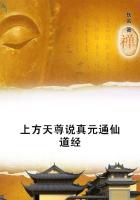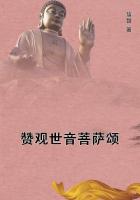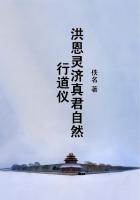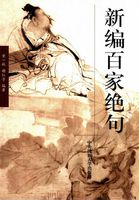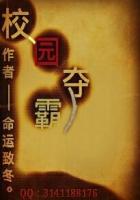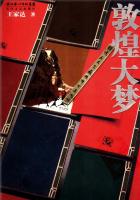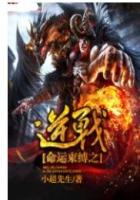The Negro is the central figure in the reconstruction of the South.Without the Negro there would have been no Civil War.Granting a war fought for any other cause, the task of reconstruction would, without him, have been comparatively simple.With him, however, reconstruction meant more than the restoring of shattered resources; it meant the more or less successful attempt to obtain and secure for the freedman civil and political rights, and to improve his economic and social status.In 1861, the American Negro was everywhere an inferior, and most of his race were slaves; in 1865, he was no longer a slave, but whether he was to be serf, ward, or citizen was an unsettled problem; in 1868, he was in the South the legal and political equal, frequently the superior, of the white; and before the end of the reconstruction period he was made by the legislation of some states and by Congress the legal equal of the white even in certain social matters.
The race problem which confronted the American people had no parallel in the past.British and Spanish-American emancipation of slaves had affected only small numbers or small regions, in which one race greatly outnumbered the other.The results of these earlier emancipations of the Negroes and the difficulties of European states in dealing with subject white populations were not such as to afford helpful example to American statesmen.But since it was the actual situation in the Southern States rather than the experience of other countries which shaped the policies adopted during reconstruction, it is important to examine with some care the conditions in which the Negroes in the South found themselves at the close of the war.
The Negroes were not all helpless and without experience "when freedom cried out."* In the Border States and in the North there were, in 1861, half a million free Negroes accustomed to looking out for themselves.Nearly 200,000Negro men were enlisted in the United States army between 1862 and 1865, and many thousands of slaves had followed raiding Federal forces to freedom or had escaped through the Confederate lines.State emancipation in Missouri, Maryland, West Virginia, and Tennessee, and the practical application of the Emancipation Proclamation where the Union armies were in control ended slavery for many thousands more.Wherever the armies marched, slavery ended.This was true even in Kentucky, where the institution was not legally abolished until the adoption of the Thirteenth Amendment.Altogether more than a million Negroes were free and to some extent habituated to freedom before May 1865.
*A Negro phrase much used in referring to emancipation.
Most of these war-emancipated Negroes were scattered along the borders of the Confederacy, in camps, in colonies, in the towns, on refugee farms, at work with the armies, or serving as soldiers in the ranks.There were large working colonies along the Atlantic coast from Maryland to Florida.The chief centers were near Norfolk, where General Butler was the first to establish a "contraband" camp, in North Carolina, and on the Sea Islands of South Carolina, Georgia, and Florida, which had been seized by the Federal fleet early in the war.To the Sea Islands also were sent, in 1865, the hordes of Negroes who had followed General Sherman out of Georgia and South Carolina.
Through the border states from the Atlantic to the Mississippi and along both sides of the Mississippi from Cairo, Illinois, to New Orleans, there were other refugee camps, farms, and colonies.For periods varying from one to four years these free Negroes had been at work, often amid conditions highly unfavorable to health, under the supervision of officers of the Treasury Department or of the army.
Emancipation was therefore a gradual process, and most of the Negroes, through their widening experience on the plantations, with the armies, and in the colonies, were better fitted for freedom in 1865 than they had been in 1861.
Even their years of bondage had done something for them, for they knew how to work and they had adopted in part the language, habits, religion, and morals of the whites.But slavery had not made them thrifty, self-reliant, or educated.Frederick Douglass said of the Negro at the end of his servitude:
"He had none of the conditions of self-preservation or self-protection.He was free from the individual master, but he had nothing but the dusty road under his feet.He was free from the old quarter that once gave him shelter, but a slave to the rains of summer and to the frosts of winter.He was turned loose, naked, hungry, and destitute to the open sky." To prove that he was free the Negro thought he must leave his old master, change his name, quit work for a time, perhaps get a new wife, and hang around the Federal soldiers in camp or garrison, or go to the towns where the Freedmen's Bureau was in process of organization.To the Negroes who remained at home--and, curiously enough, for a time at least many did so--the news of freedom was made known somewhat ceremonially by the master or his representative.The Negroes were summoned to the "big house," told that they were free, and advised to stay on for a share of the crop.The description by Mrs.Clayton, the wife of a Southern general, will serve for many: "My husband said, 'I think it best for me to inform our Negroes of their freedom.' So he ordered all the grown slaves to come to him, and told them they no longer belonged to him as property, but were all free.

